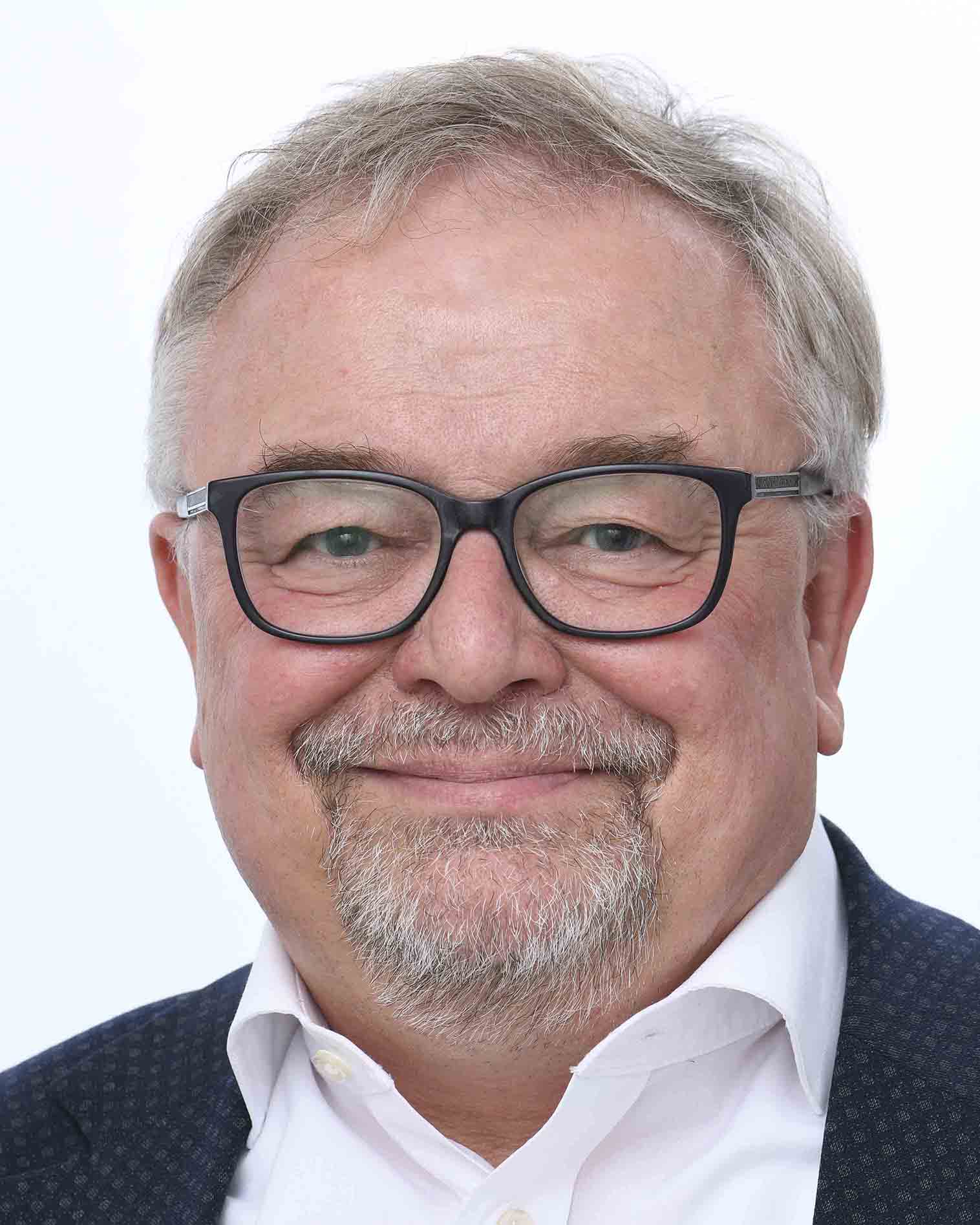
Choisissez la langue de votre document :
- bg - български
- es - español
- cs - čeština
- da - dansk
- de - Deutsch
- et - eesti keel
- el - ελληνικά
- en - English
- fr - français
- ga - Gaeilge
- hr - hrvatski
- it - italiano
- lv - latviešu valoda
- lt - lietuvių kalba
- hu - magyar
- mt - Malti
- nl - Nederlands
- pl - polski
- pt - português
- ro - română
- sk - slovenčina
- sl - slovenščina
- fi - suomi
- sv - svenska
|
| Postopek : 2015/2074(BUD) |
| Potek postopka za dokument : A8-0217/2015 | ||||||
Predložena besedila : A8-0217/2015 | Razprave : PV 07/07/2015 - 13CRE 07/07/2015 - 13 | Glasovanja : PV 08/07/2015 - 4.12Obrazložitev glasovanja | Sprejeta besedila : P8_TA(2015)0263 | |||
| Dobesedni zapisi razprav | |
| Torek, 7. julij 2015 - Strasbourg | Pregledana izdaja |
|
| Pravno obvestilo - Varstvo osebnih podatkov |









































